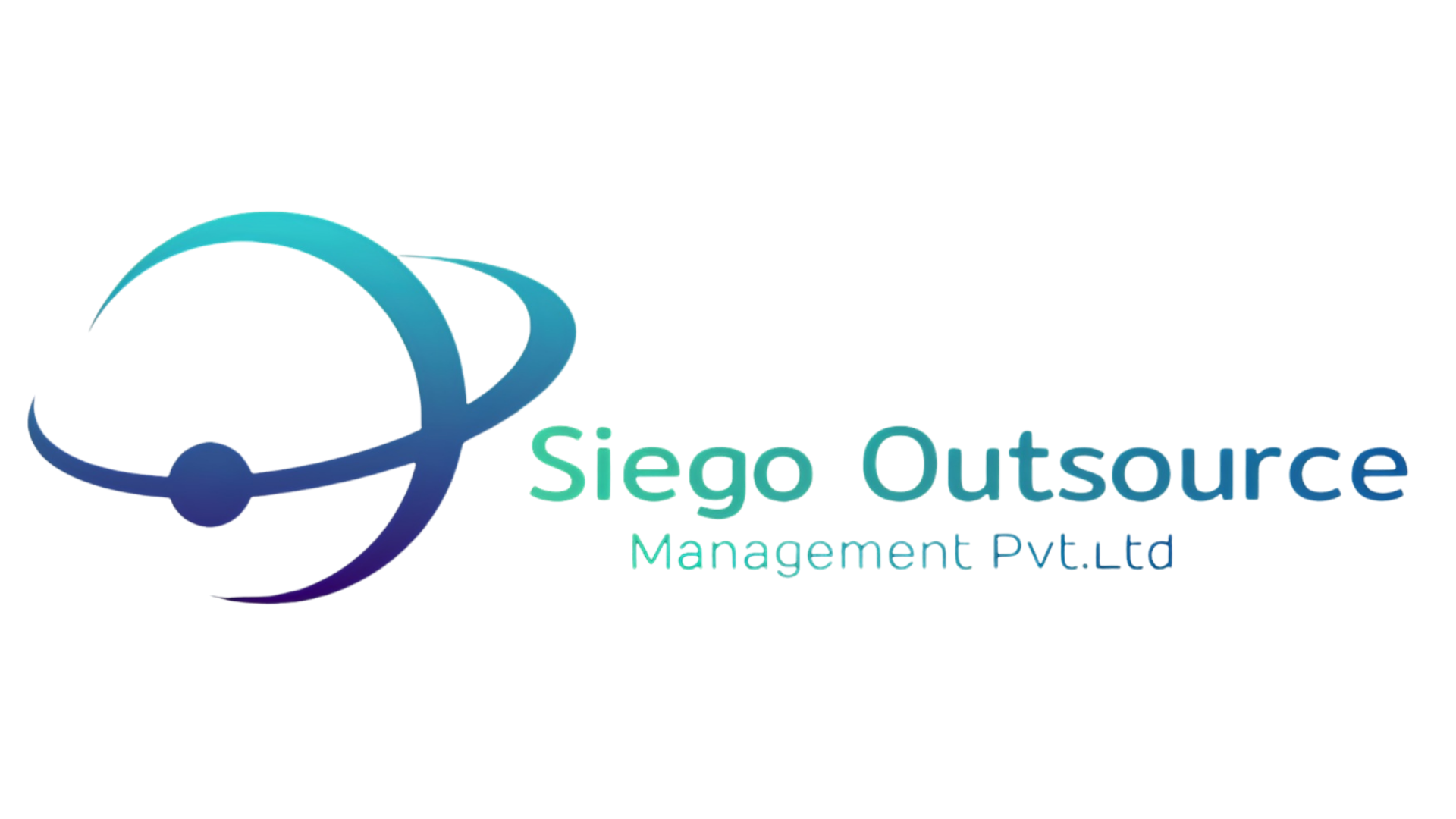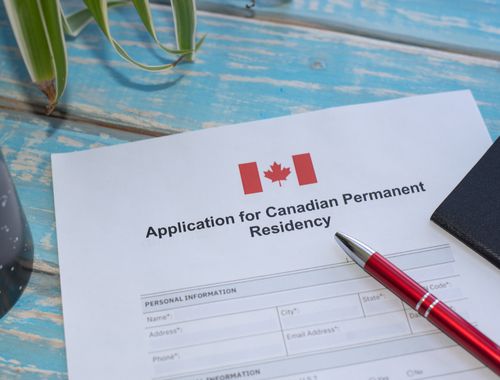If you’re planning to immigrate to Canada, you’ve likely come across two major pathways: Express Entry and the Provincial Nominee Program (PNP). Both options offer routes to permanent residency, but they serve different purposes, timelines, and candidate profiles. So, how do you choose between the two? In this blog, we’ll break down the key differences, advantages, and ideal use cases to help you make the right decision for your Canadian journey.

What Is Express Entry?
Express Entry is Canada’s flagship immigration system for skilled workers. Launched in 2015, it manages applications for three federal programs:
- Federal Skilled Worker Program (FSWP)
- Federal Skilled Trades Program (FSTP)
- Canadian Experience Class (CEC)
How It Works
Express Entry operates on a points-based system called the Comprehensive Ranking System (CRS). Applicants receive scores based on factors like age, education, work experience, and language proficiency. The higher your score, the better your chances of receiving an Invitation to Apply (ITA) for permanent residence.
What Is the Provincial Nominee Program (PNP)?
The Provincial Nominee Program (PNP) allows Canadian provinces and territories to nominate individuals who wish to immigrate to a specific region. Each province has its own immigration streams tailored to local labor market needs.
Two Types of PNPs
There are two main types of PNP streams:
- Enhanced PNPs: These are aligned with Express Entry. Candidates receive an additional 600 CRS points, significantly boosting their chances of receiving an ITA.
- Base PNPs: These operate independently from Express Entry and involve a direct application to the province.
Key Differences Between Express Entry Vs PNP
Let’s break down the major distinctions between these two popular immigration options.
1. Eligibility Criteria
Express Entry typically favors candidates with higher education, strong English or French language skills, and work experience in skilled occupations. On the other hand, PNPs can accommodate a broader range of applicants, including those with job offers in semi-skilled or region-specific roles.
2. Processing Times
When it comes to speed, Express Entry usually has an edge. Most applications are processed within 6 months after receiving an ITA. In contrast, PNP processing times vary depending on the province and can take 12–19 months or longer when including both provincial and federal stages.
3. Points and Scoring System
Express Entry uses a centralized CRS points system, which means competition is stiff and cutoff scores can be high. However, PNP candidates often receive 600 additional points, making nomination a major advantage for those struggling to meet federal cutoffs.
4. Flexibility and Control
Express Entry gives you more control over your destination in Canada. You can settle in any province (except Quebec, which has its own system). Meanwhile, PNPs tie you to the province that nominated you, at least initially. This means you’ll need to show intent to live and work in that province.
Benefits of Choosing Express Entry
Faster Processing
If you meet the requirements and score high on the CRS, Express Entry is one of the fastest immigration pathways to Canada.
National Mobility
Once you become a permanent resident through Express Entry, you have the freedom to live and work anywhere in Canada.
Less Paperwork
The online system is streamlined and generally involves less documentation compared to PNPs, which often require additional forms and proof of ties to the province.
Benefits of Choosing PNP
Greater Accessibility
Not everyone can score high enough in the Express Entry pool. PNPs offer a way in for people with lower CRS scores, specific job offers, or ties to a province.
Targeted Opportunities
Many PNPs are designed to address local labor shortages, which means your occupation might be in high demand in a particular province—even if it isn’t nationally.
Extra CRS Points
If you apply through an enhanced PNP, your nomination earns you 600 extra points—virtually guaranteeing an ITA in the next Express Entry draw.

Who Should Choose Express Entry?
You should consider Express Entry if:
- You have a strong CRS score (typically above 470)
- You meet the eligibility for one of the federal programs
- You want flexibility in choosing your province or territory
- You prefer a quicker application process
Who Should Choose PNP?
On the other hand, the PNP may be a better fit if:
- Your CRS score is below the federal cutoff
- You have a job offer or previous connection to a specific province
- Your occupation is in high demand in a regional labor market
- You’re open to living in a particular province long-term
Can You Combine Both?
Yes! One of the smartest strategies is to enter the Express Entry pool and simultaneously apply to PNP streams. If nominated, you’ll receive 600 bonus points and dramatically increase your chances of receiving an ITA. This combined approach gives you a strategic advantage in the competitive immigration process.
Final Verdict: Express Entry vs PNP—Which Is Better?
Ultimately, the choice between Express Entry vs PNP depends on your personal profile, goals, and timeline. If you’re a highly skilled worker with a strong CRS score, Express Entry may offer the quickest and most flexible route. However, if you’re tied to a specific province or need an extra boost in points, the PNP could be your golden ticket.
Whichever route you choose, preparation is key. Make sure your documents are in order, your language test scores are strong, and you stay up to date on the latest immigration draws and updates.
Ready to start your journey to Canada?
Contact our immigration experts today for a free profile assessment and personalized guidance on choosing the best pathway for your future.

